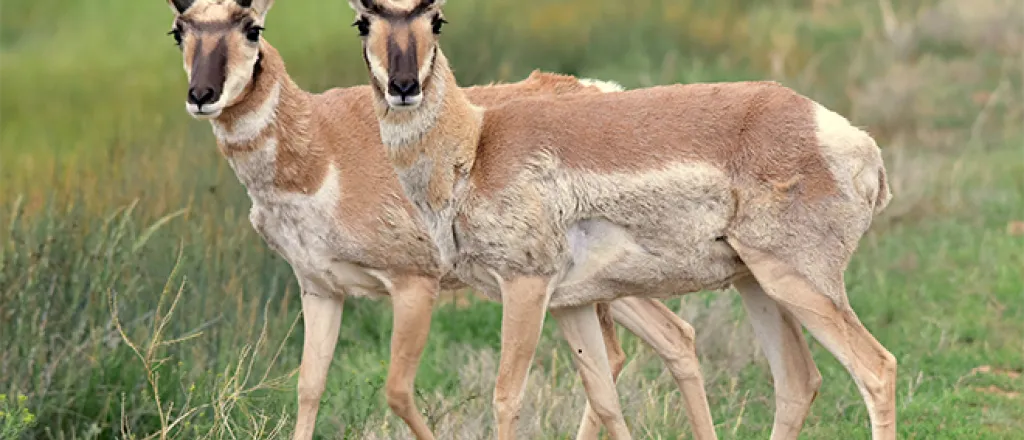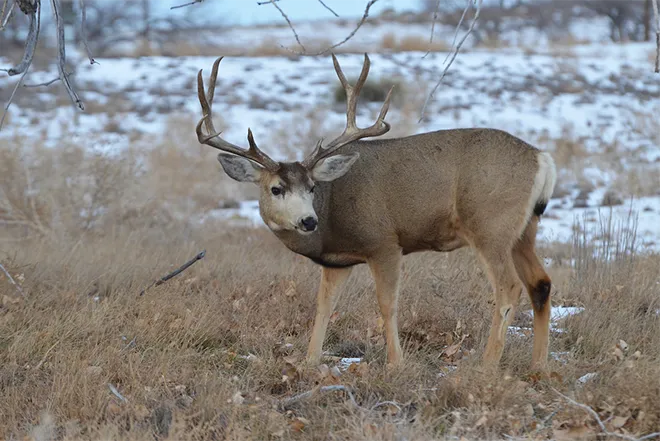
Western migration mapping efforts seek congressional funding
(Oregon News Service) Mapping migration routes is important for conserving species such as pronghorn, so supporters hope Congress will fund mapping efforts.
The United States Geological Survey has published two volumes on migration of ungulates, or hoofed mammals, in the western United States. Michael O'Casey, Pacific Northwest field manager for the Theodore Roosevelt Conservation Partnership, said the second volumehighlights Sheldon-Hart Mountain pronghorn movements in southeast Oregon.
"It shows this really neat connection between two of the first wildlife refuges in the country that were set aside for big game, specifically for pronghorn," he said. "The map in that Volume Two really highlights the need for connectivity between those two refuges."
The Biden administration zeroed out funding for wildlife migration mapping in its 2023 budget. Advocates for mapping hope Congress will set aside $5 million so USGS can continue work with state and local stakeholders on developing maps for big game species in the West.
Matt Kaufmann, a USGS wildlife biologist, said migrating species are facing more obstacles in the form of fences, traffic and development.
"The mapping gives us a road map to identify the threats that the migrations face, and also identify some of the conservation opportunities," he said, "and without a map, it's really difficult to proactively manage and conserve these migrations."
Kaufmann said migrating animals travel across privately owned land, public lands and tribal reservations, making management complex. But he said ungulate herds are important to western ecosystems, providing prey for large carnivores such as wolves.
"Most of them are also harvestable game animals," he said, "and the harvestable surplus that is produced by migration provides millions of dollars in revenue to the state wildlife agencies that manage those herds, and also billions of dollars in tourism revenue to wildlife viewers."
Support for this reporting was provided by The Pew Charitable Trusts.















